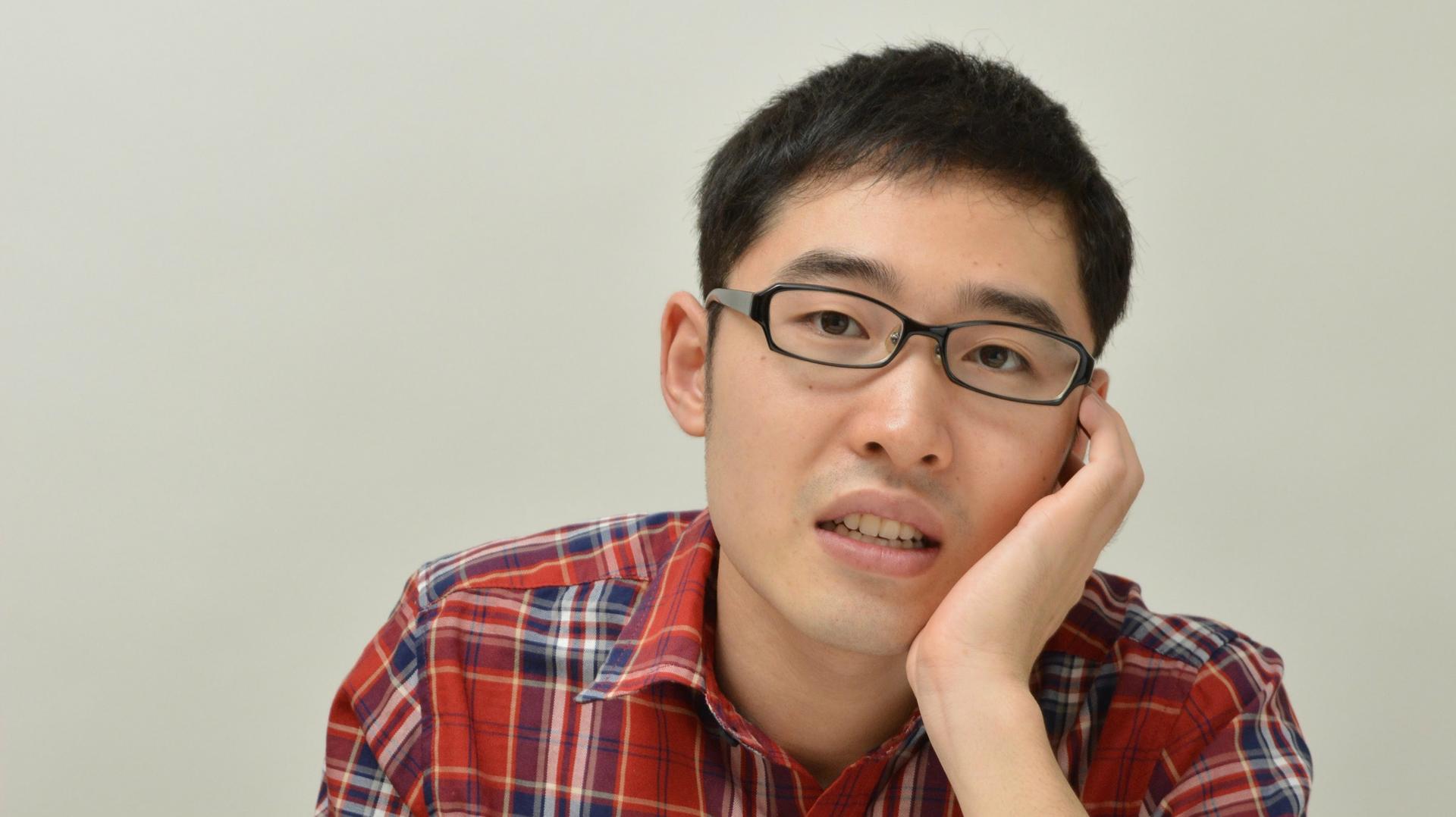Naoki Higashida
Japanese author Naoki Higashida might not seem immediately approachable if you were to run into him on the sidewalk.
"If you see him walking down the street toward you, he has all the classic autistic ticks, and you think 'Whoa, I'd better stand off the sidewalk and let this guy go by because he obviously needs the space more than I do,'" says author David Mitchell. "And yet when you read him and sit down opposite the table from him, he will spell out these sentences letter by letter and he's articulate, he's eloquent."
Mitchell and his wife, KA Yoshida, translated the first of Higashida's books, the bestselling "The Reason I Jump" in 2013.
Now the Ireland-based couple have translated a second book by Higashida called "Fall Down 7 Times Get Up 8."
The couple stumbled on Higashida's writings when they were looking for guidance on raising their own son, who has non-verbal autism. They met Higashida and watched him communicate using an alphabet grid with a keyboard. They saw him point to letters and painstakingly build words and sentences.
"With effort and time and having to start over and over and over again, he can get paragraphs and pages and eventually whole books out," Mitchell explains.
But for Higashida, having a verbal conversation is out of the question.
"You could ask him a question and he would be unable to answer it verbally, in the same way that you would be unable to jump out of a window and fly," Mitchell says. "It's not for want of trying."
Higashida attends conferences on autism. He sometimes makes presentations and with some difficulty can read a prepared text. His voice is high-pitched, and he has little control over his modulation. Mitchell says Higashida isn't a "guru," but he argues that the young Japanese author speaks "with direct experience."
"He isn't saying that he has the keys to non-verbal autism, but he has some keys to his non-verbal autism," Mitchell says.
It's clear from "Fall Down 7 Times Get Up 8" that in some ways Higashida experiences the world differently from most people. For instance, he describes the 12 stages he goes through to recognize that it is raining outside. But in other ways his thought processes are easily recognizable. His work is deeply emotional and exudes empathy. Higashida writes that if autism wasn't stopping him, he'd express gratitude to his parents and caretakers. He enjoys international travel. And he warns those who would try to interact with him when the world is too much for him.
"When autism forces him to lose the plot a bit and it can be quite dramatic when you see it in front of you, it's a grown man for all intents and purposes having an emotional meltdown in front of you and he might be punching his head or biting his clothes, but he just explains what's going on in his head when that happens and how it's best for you not to try and talk him out of it or cajole him out of it," Mitchell says. "He explains why this is fuel on the fire."
Higashida writes that in some ways he thinks he's lucky to be wired the way he is. Having translated two of Higashida's books, Mitchell has some insight into why.
"This is not to deny the fact for a moment that life with severe non-verbal autism is much, much harder in some ways. But [Higashida] can help people like me who have a kid with autism who can't express himself. He can do it. And I may be guessing, but that must give you a sense of purpose," Mitchell says. "It's certainly not a life without meaning."
Our coverage reaches millions each week, but only a small fraction of listeners contribute to sustain our program. We still need 224 more people to donate $100 or $10/monthly to unlock our $67,000 match. Will you help us get there today?
